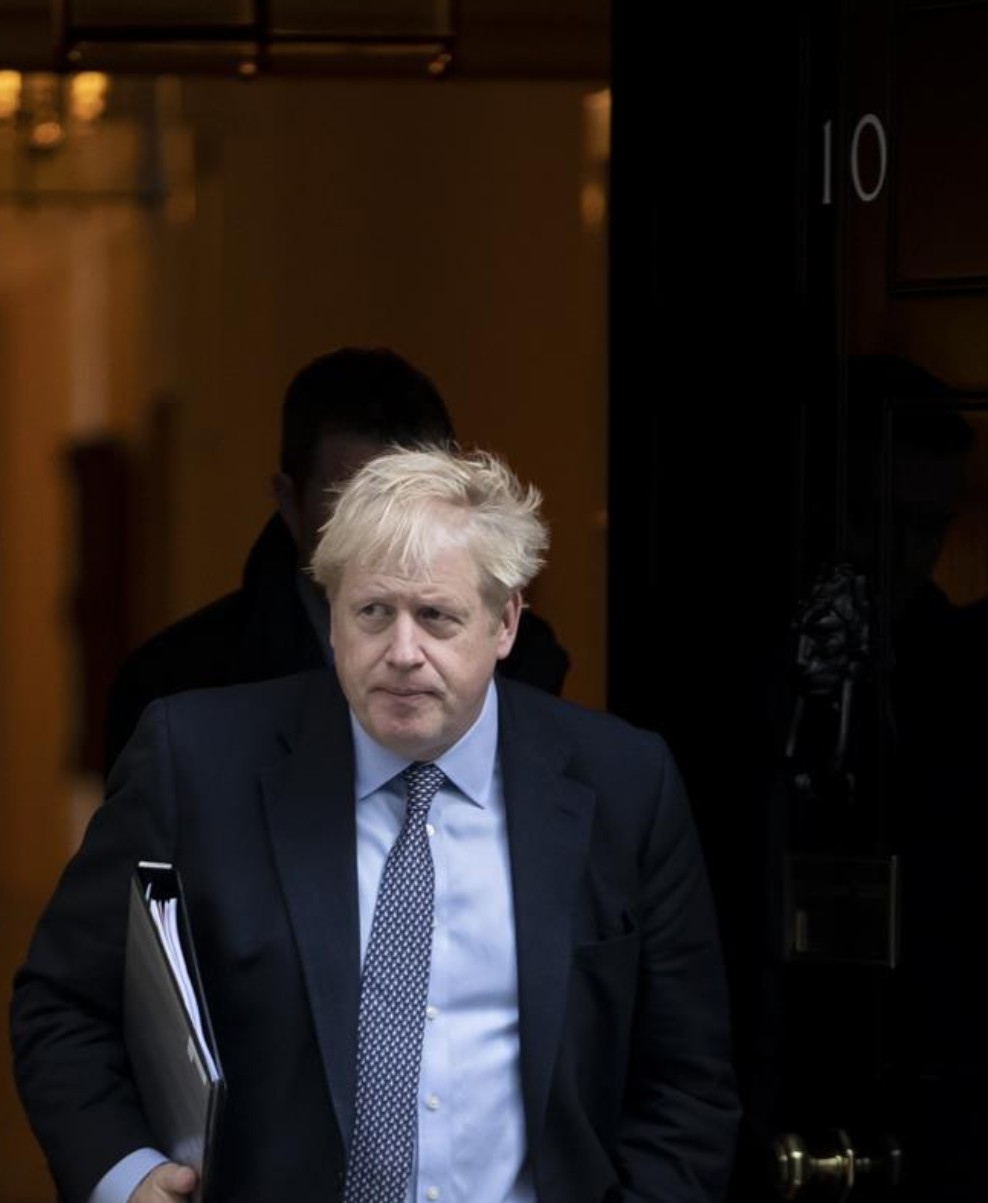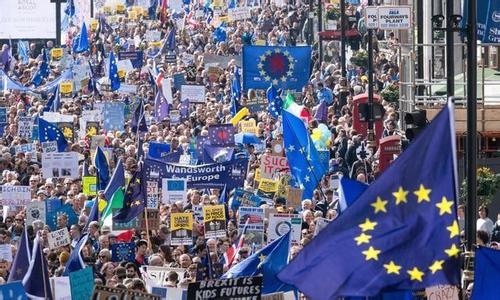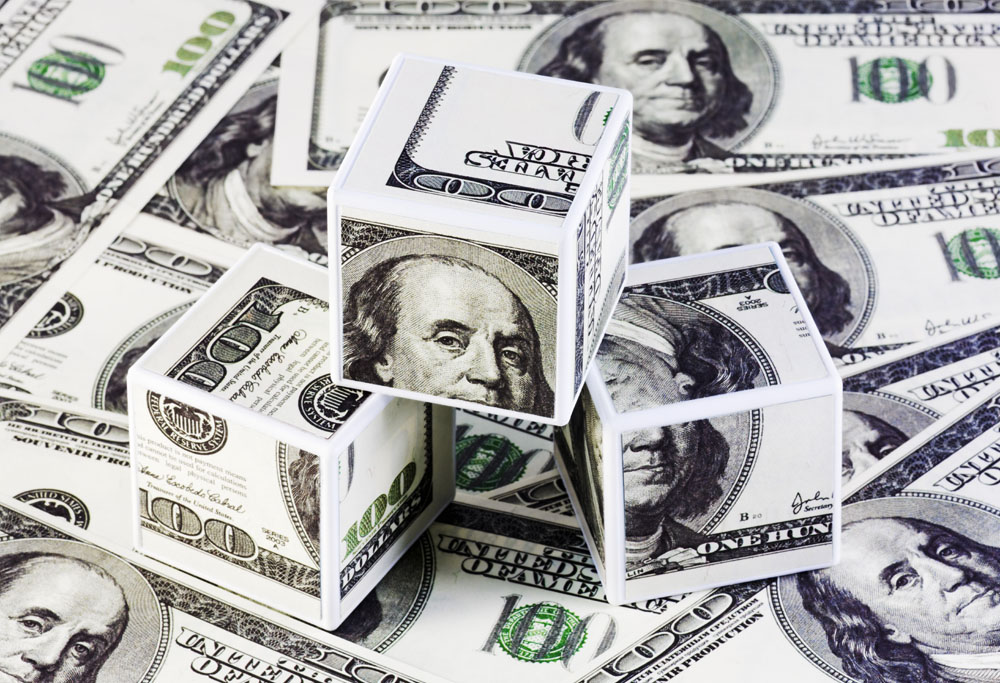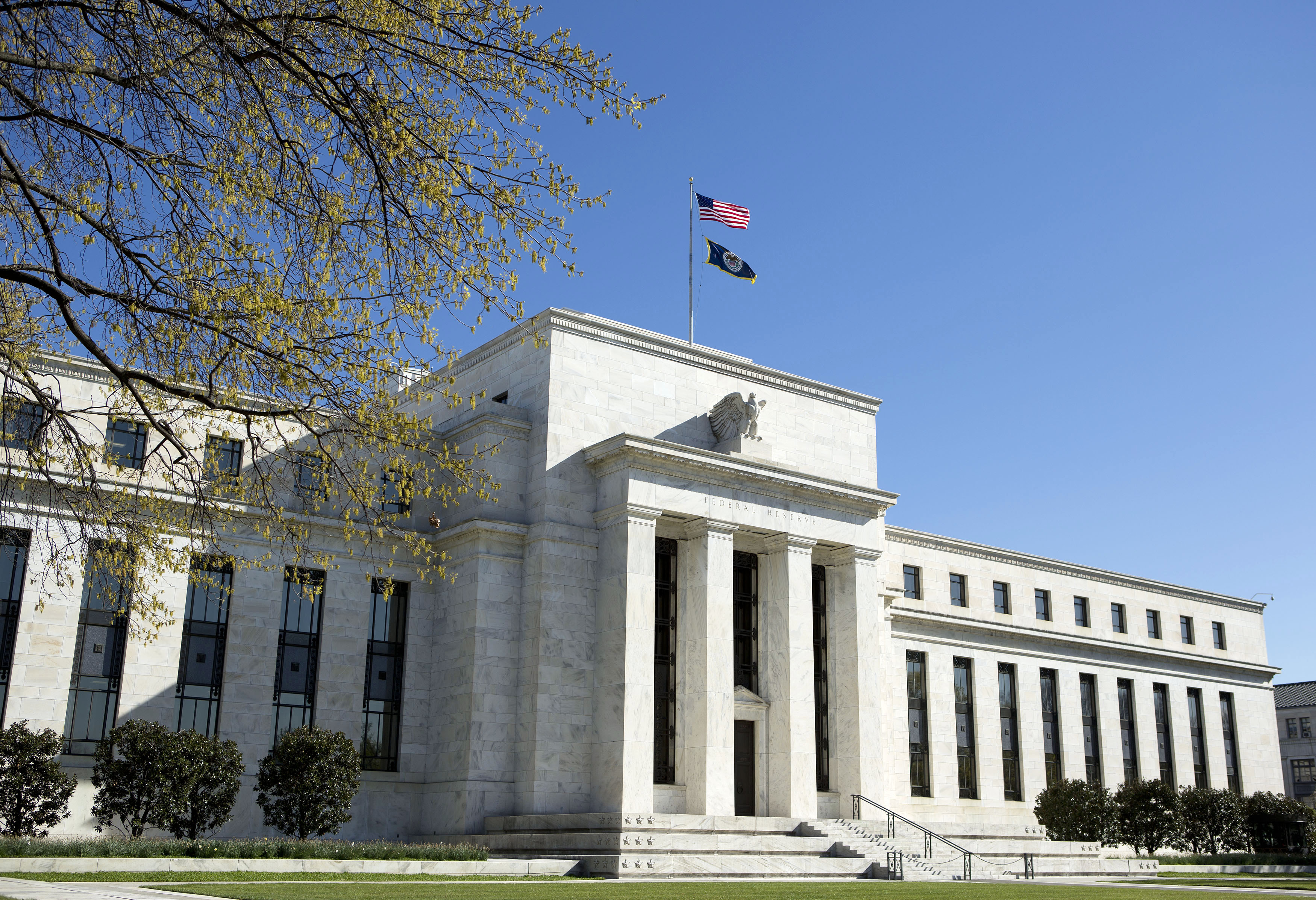Britain has had two prime ministers since it voted to leave the eu in 2016. Brexit has been a hot potato, passed from Cameron to Theresa, and from Theresa to Johnson. Each time, the queen will go to parliament for the new prime minister "platform", the new government's policy platform. With the deadline approaching and the prospect of brexit still uncertain, can a deal be negotiated? Can parliament pass it? Will there really be no deal?
British prime minister Boris Johnson said Sunday that Britain and the European Union had reached a "great New Deal" on brexit. "We have reached a great new agreement that will put us back in control." "Johnson tweeted. Meanwhile, European commission President jean-claude juncker confirmed the incident in a tweet. "Where there's a will, there's a deal. We have a deal! This is a fair and just agreement for both the eu and the UK and a testament to our commitment to finding a solution." Junker wrote on twitter. However, the agreement must be approved at an eu summit that begins today.
Britain's exit from the European Union, which has lasted three and a half years, could mark a turning point after five hours of parliamentary debate. The British house of Commons held a special session on Saturday to vote on the new brexit agreement reached by British prime minister Boris Johnson and the European Union. Before the formal vote on the New Deal, Oliver Letwin, the former conservative mp who was ousted by Johnson, proposed a Letwin amendment that would have required the government not to pass a new brexit deal until legislation was completed, Reuters reported. According to the BBC, parliament voted 322 to 306 on Letwin's amendment before voting on the new brexit deal. According to British law, the Johnson government will apply to the eu before midnight on January 19 to delay the departure date until January 31, 2020.
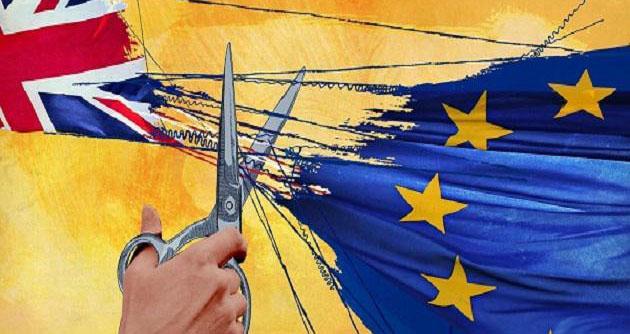
Everyone wants the impact of brexit to end soon, but perhaps no one wants it more than climate change campaigners.
Many netizens complained about British prime minister Boris Johnson, saying he dragged the queen into the brexit "mess". The outside world has no way of knowing what the queen, who has always kept her nose out of politics, thinks. Since her accession to the throne in 1952, the queen has presided over and addressed the British parliament. On October 14th she delivered her 65th speech to parliament. This year, with brexit looming, the speech was unusual. The queen began her 2019 speech by saying that "it is imperative to ensure that the UK leaves the eu on 31 October as scheduled". In 2017, the queen opened her speech to Mrs May's government by saying that her government's priority was to "ensure the best possible brexit deal". British media said there had been a "major change" in the queen's language on brexit. In 2017, the government focused on "securing the best deal", without mentioning a date for brexit. On October 14, the focus turned to "securing a departure from the eu by October 31," without mentioning any brexit deal and even looking forward to a post-brexit "new partnership with the eu based on free trade." Since its inception in 1993, the European Union has been a key word in the queen's speech. Out of 65 speeches, the word "eu" appeared 43 times. The context surrounding its use has also changed dramatically. The queen declared for the major government in 1994 that she "looked forward to the enlargement of the European Union", but in 2012 she declared that she would "work hard to promote the reform of the European Union". Today, the queen's speech is all about "securing a timely exit from the eu". Of the more than 20 Johnson government proposals read out by the queen that day, seven related to the new post-brexit arrangements, accounting for a third.
Forbes Chinese published an article titled "brexit delays global action on climate change", which suggests that the impact of brexit itself on global climate goals is unclear. The UK government has pledged to adopt a carbon emissions policy that matches the eu after the UK leaves the bloc, although they could start to diverge over environmental standards. At the moment, the bigger impact of brexit is to derail the eu's progress on climate change, and thus slow down negotiations on the global Paris agreement.
(Picture source:Sogou&Baidu)
Over the past four years, the queen has read and witnessed in parliament Cameron's vote to leave the eu, Theresa may's blueprint for brexit and Johnson's determination to leave the eu. In September, the queen even granted Johnson's request for an extended recess, meaning that her speech, scheduled for early September, was postponed until October 14. Worse, Mr Johnson's decision to adjourn parliament was ruled illegal by Scotland's highest civil court. The "calculating" Johnson was accused of cheating the queen. What does the queen think of brexit, many may wonder? Is she for remain or leave? Now it seems hard to have an official answer. Because the queen has always been a non-interventionist on political issues. Although the queen does not appear to be involved in political entanglements, she has played "one or two CARDS" on brexit. In October 2018, during brexit negotiations, the queen broke her silence on brexit with a "queenlike gesture" when she hosted the king and queen of the Netherlands at Buckingham Palace. She told the Dutch king that Britain was "seeking a new partnership with Europe" and that the Shared values between Britain and Europe were "our greatest asset". A mass demonstration calling for a "second brexit referendum" was held in central London on March 23, as the eu agreed to delay Britain's departure from the eu and the future of the UK's exit from the eu still faced "catastrophic uncertainty". Although the queen has not explicitly expressed regret for the remain camp or professed confidence in the leave camp, that has not stopped people from thinking she is on their side. In her Christmas message for 2018, the queen said, "everyone needs and should keep in mind that respect for each other, even in the face of major differences, is always the first step towards mutual understanding." She is widely seen as giving a speech of encouragement to those who are confused about the prospect of leaving the eu. The October 31 deadline for leaving the European Union looms, and key negotiations begin this week. Despite the queen's speech, it was imperative to leave the eu as scheduled. On the 19th, parliament will either vote on a new brexit deal or agree to leave without one. The new agreement has not been negotiated yet, and the UK will have to speed up its efforts to reach an agreement with the eu in the next two days. It must be approved by the eu summit on October 17 and then voted by the British parliament. If there is no deal, or if it is not passed, or if no deal is struck, Mr Johnson will have to ask for a delay.
Since the UK voted to leave the eu, the process of leaving the eu has faced various "impediments" in parliament and the eu. The deadline has been delayed, and two prime ministers, David Cameron and Theresa may, have been "pulled down".
